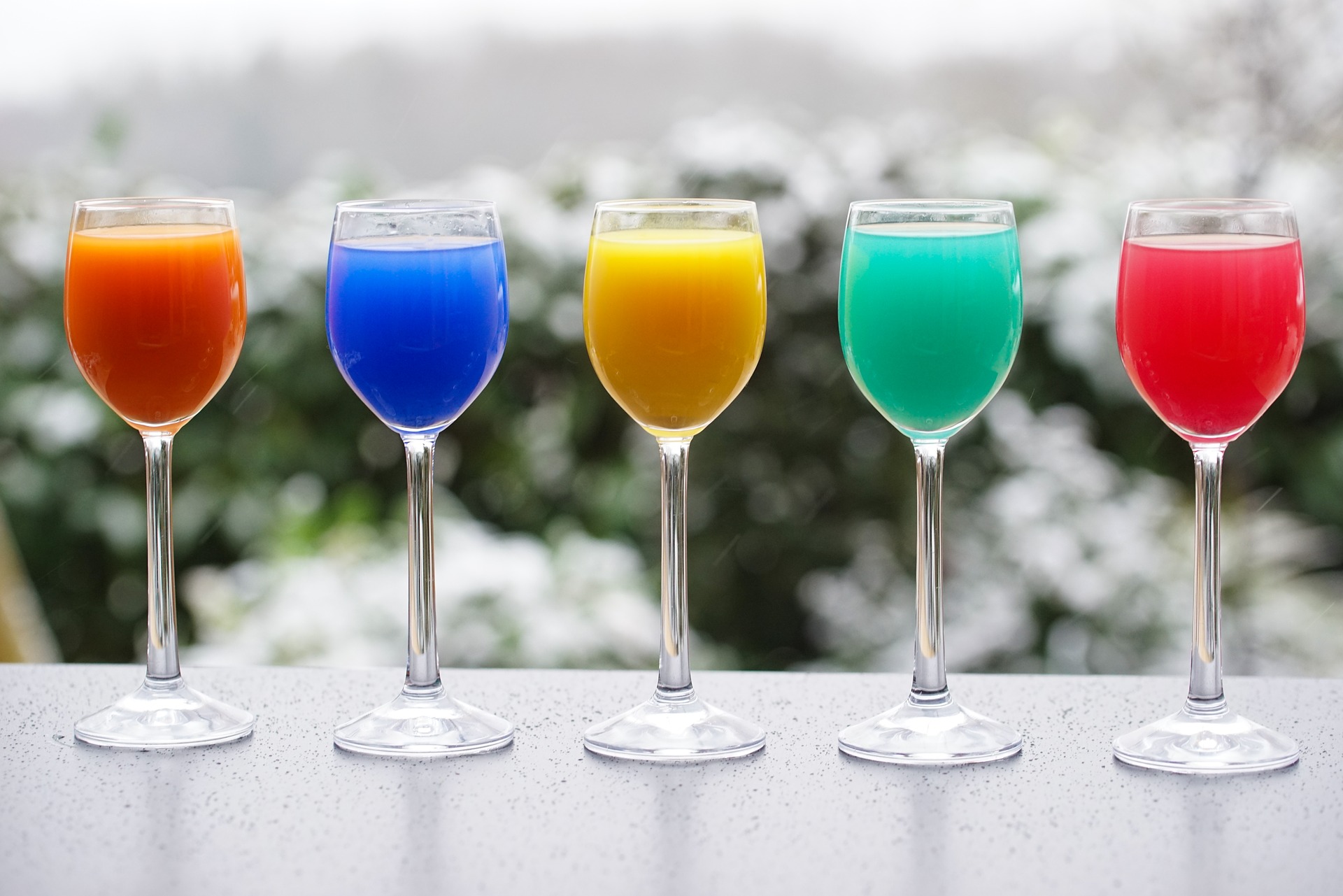Get ready…..Ready-to-drink (RTD) beverages are taking the hospitality industry by storm, On-Trade Progress examine this rising trend.
The hospitality industry is a truly varied one; one that is continuing to grow, expand and most importantly, experiment. One such experiment that is becoming established is RTD (Ready-To-Drink) offerings. Whether it’s pre-prepared cocktails or ready-to-serve wines at festivals and events, RTD is making waves across the hospitality industry.
It’s important to start with the idea that RTD is especially prominent at high footfall events; think bars near main stages of festivals, or busy arenas with sporting events or concerts. For these events, the hospitality industry needs to find quick and efficient methods to deliver customers their drinks, without compromising on quality. As a result, the industry has had to find inventive methods to continually provide outstanding service, and on this note, RTD development has been crucial.
In many respects, as a society, we have had RTD beverages for a while; think about canned beers from a supermarket which consumers can ‘take away’. What’s changed however is how we develop these drinks and what RTD developers are now offering the market.
Only up from here
RTD is categorised as any pre-prepared drink, and while these often contain alcohol, you can have RTDs that aren’t alcoholic. In recent years, we have seen the launch of pre-prepared cocktails, which aim to deliver the same quality, taste and texture as though one were prepared in front of you.
Fortunately, with more and more brands continuing to push out innovative RTD products, the industry as a whole seems to be moving towards accepting these. A report published by Future Market Insights which aims to predict the RTD industry called ‘Pre-Mixed/RTD Alcoholic Drinks Market: Global Industry Analysis 2012 – 2016 and Opportunity Assessment; 2017 – 2027’, stated: “The consumption of alcohol being most in the European countries such as Estonia, Belarus, Lithuania, France, and Germany has created constant demand for innovative new flavours based drinks in this region, with already existing drinks in this domain, consumer are willing to try something new. The premixed alcoholic beverages segment is thus driven by this large consumer demand for new flavours.
“Significant demand for ready to drink alcoholic beverages is observed in countries such as Australia, Russia and Japan. The United States accounts for a significantly low number of alcoholic premixed drink in comparison to these countries, although a changing trend from cocktails in bars to bottles cocktails is expected to fuel the market growth in North America.”
The world is getting ready for the reception of RTD drinks – especially in line with the growth of the events industry, which is seeing larger and more extravagant events being organised. To keep up with this demand, the hospitality industry needs to be ready to provide quality to every customer without creating a backlog in the queue. While, to some extent, this is being counteracted with technology and ‘ordering apps’, the actual ability to pour drinks takes time; time that bar staff often do not have. As a result, RTD provides a quick and effective solution.
All for one calorie
We can’t overlook our society’s move towards health-conscious living; and neither have a number of RTD producers, as they push out products that are in line with this thinking. One of the most important discoveries in the Future Market Insight reports was the “rising popularity of healthy alcoholic beverages”. This collective trend is extremely important, and in fact, several RTD consumers either state the number of calories on their packaging or have begun to create explicit low-calorie beverages.
The report continues: “Virtually all the major players in the in ready to drink alcoholic beverages category have introduced lower-calorie forms of RTD or premixed alcoholic beverages. Companies such as Bacardi are promoting the line of natural flavours, juices and pure cane sugar based RTD alcoholic beverages as less than 90 calories and easy on the waist.
“The convenience associated with the use of bottled premixed alcoholic beverage has been driving this segment of alcoholic drinks. Consumers want to enjoy the cocktail experience do not wish to keep the ingredients at home and go through the process of making a fine cocktail, ready to drink alcoholic beverages provides conveniences of already blended cocktail and offers products at a fraction of price of cocktails available in bars, clubs and other recreational places.
“New product launches, manufacturers are flooding the market with new product lines and creating a supply driven demand. With existing forms of whiskey, vodka, rum, etc. based ready to drink alcoholic beverages, all new line of wine-based drinks is also being introduced targeting not only consumers but also casual dinners.”
For ease
At the end of the day, while we can praise RTD as much as we can, the real “winner” will be the product that delivers the most for consumers. The association with ‘pre-prepared’ anything has been frowned upon over the years, which is why so many companies are working towards achieving true quality.
Often, pre-prepared beverages have been criticised for being too ‘sweet’ or tasting too ‘artificial’, and as a result, producers are finding ways to incorporate premium ingredients into their beverages. If we take cocktails for example, a number of brands are finding ways to preserve fruits within the drink, rather than syrups, which although less likely to decay are higher in sugars and have sweeter tastes.
Consumers are clever, and they empathise with the industry’s need to serve drinks quickly – and in fact are often grateful for the reduction of queue times. However, what the latest report has shown and what we’ve gauged from chatting with consumers, is that they will not compromise on health and quality. As a result, RTD producers are urged to work consistently to ensure these demands are met.
The future is truly RTD and with our estimation, we envision we will be seeing a lot more of these beverages in years to come.



